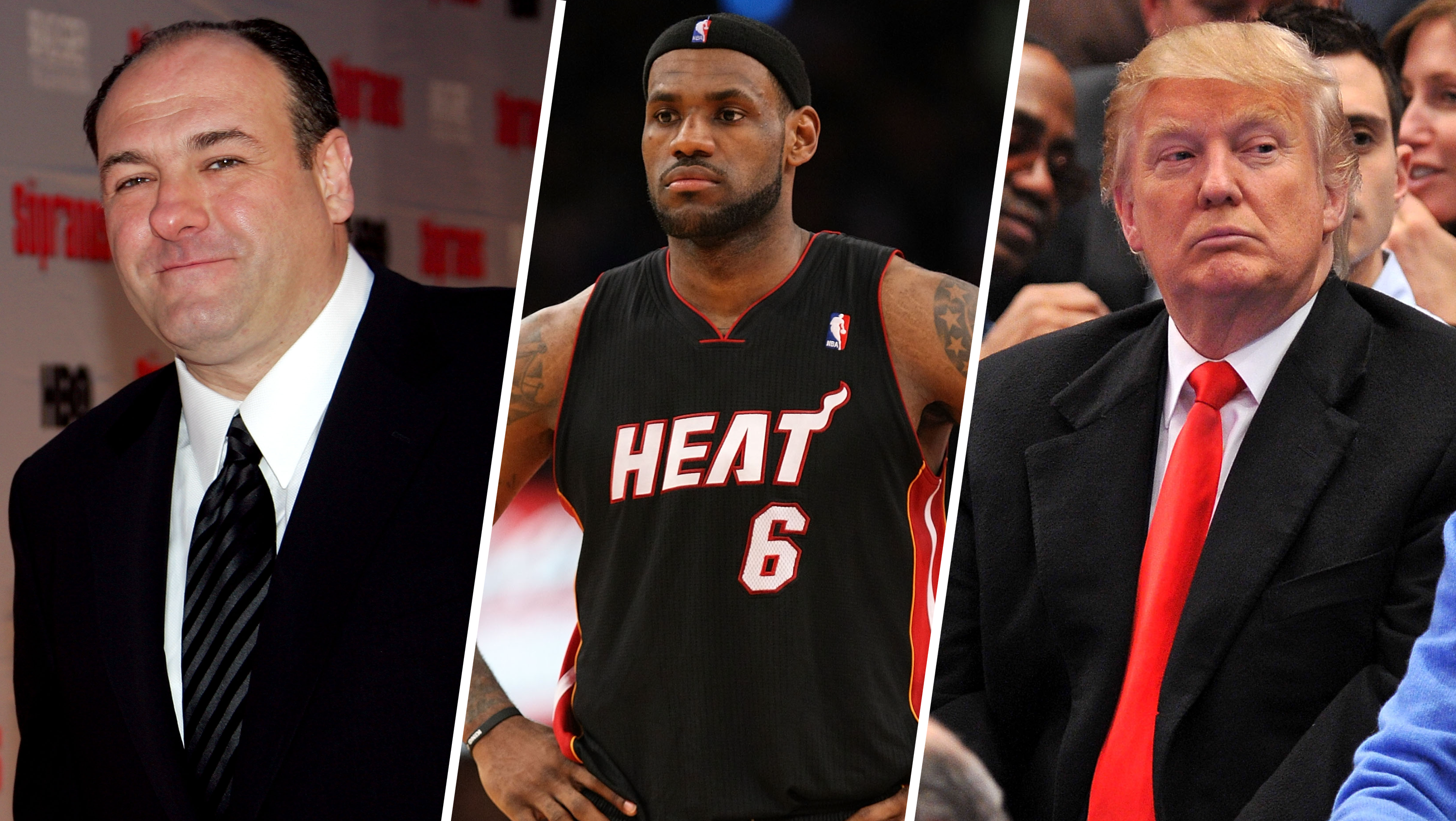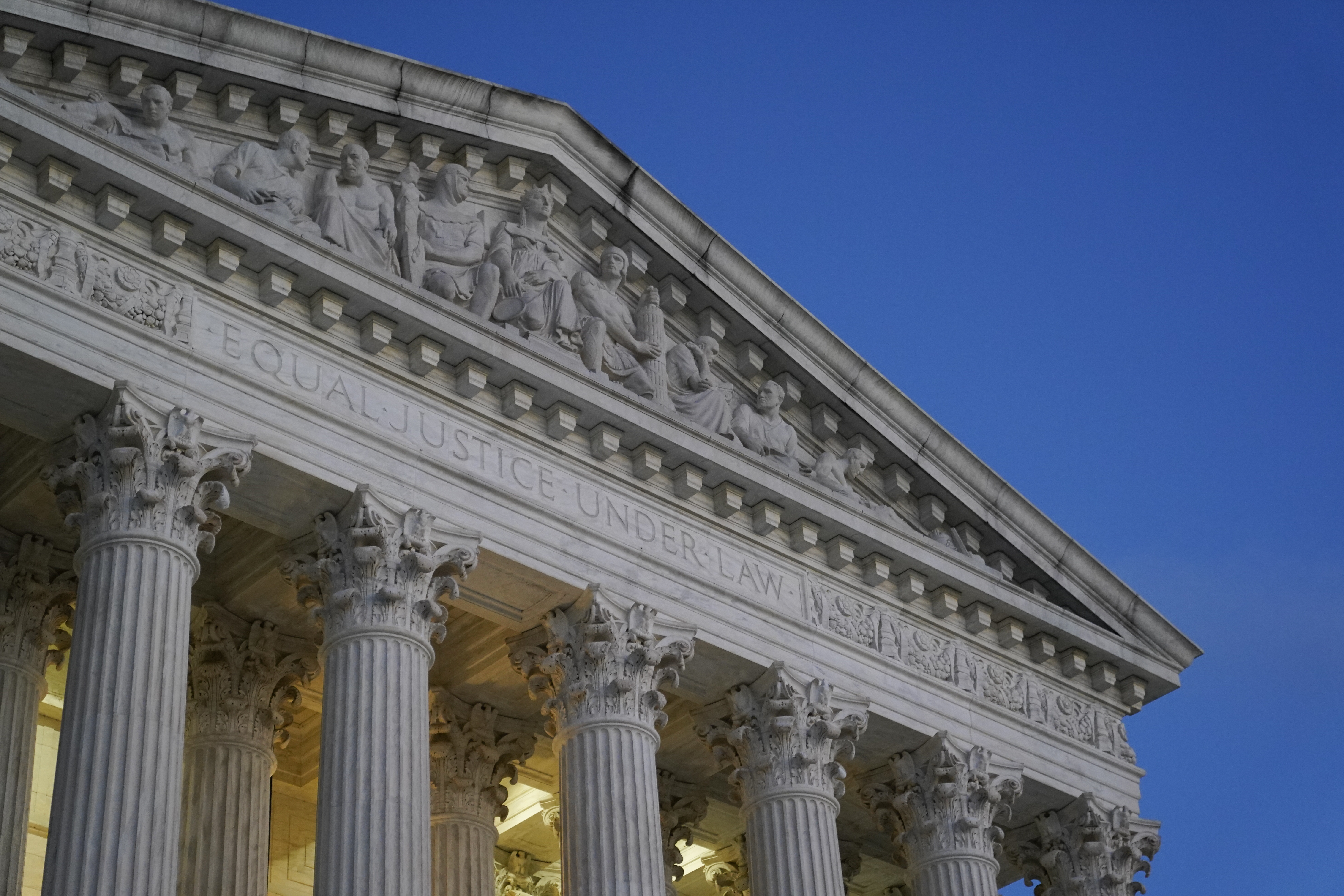The Supreme Court seemed worried Monday about the idea of companies patenting genes that can be found inside the human body, as it heard arguments in a case that could profoundly reshape U.S. medical research and the fight against diseases like breast and ovarian cancer.
The U.S. Patent and Trademark Office has been awarding patents on human genes for almost 30 years, but opponents of Salt Lake City-based Myriad Genetics Inc.'s patents on two genes linked to increased risk of breast and ovarian cancer say patent protection should not be given to something that can be found inside the human body.
"Finding a new use for a product of nature, if you don't change the product of nature, is not patentable. If I find a new way of taking gold and making earrings out of it, that doesn't entitle me to a patent on gold. If I find a new way of using lead, it doesn't entitle me to a patent on lead," lawyer Christopher Hansen said.
Allowing companies like Myriad to patent human genes or parts of human genes will slow down or cripple lifesaving medical research like in the battle against breast cancer, he said.
But companies have billions of dollars of investment and years of research on the line, with Myriad arguing that without the ability to recoup their investment through the profits that patents bring, breakthrough scientific discoveries needed to combat all kind of medical maladies wouldn't happen.
That concerned several justices. "Why shouldn't we worry that Myriad or companies like it will just say, 'Well, you know, we're not going to do this work anymore?'" Justice Elena Kagan said.
Hansen said that a company could get recognition for its work and that money for research would always be available, a statement that Justice Anthony Kennedy said wasn't sufficient. "I don't think we can decide the case on, 'Don't worry about investment. It'll come,'" Kennedy said.
U.S. & World
Stories that affect your life across the U.S. and around the world.
For more U.S. news coverage, visit NBCNews.com
The Supreme Court has already said that abstract ideas, natural phenomena and laws of nature cannot be given a patent, which gives an inventor the right to prevent others from making, using or selling a novel device, process or application.
Myriad has used its patents to develop its BRACAnalysis test looks for mutations on the breast cancer predisposition gene, or BRCA. Those mutations are associated with much greater risks of breast and ovarian cancer.
Women with a faulty gene have a three to seven times greater risk of developing breast cancer and a higher risk of ovarian cancer. Men can also carry a BRCA mutation, raising their risk of prostate, pancreatic and other types of cancer. The mutations are most common in people of eastern European Jewish descent.
Myriad sells the only BRCA gene test.
The American Civil Liberties Union and other groups challenged Myriad's patents, arguing that genes couldn't be patented, and in March 2010 a New York district court agreed. But the U.S. Court of Appeals for the Federal Circuit has now twice ruled that genes can be patented. In Myriad's case, it's because the isolated DNA has a "markedly different chemical structure" from DNA within the body.
But the ACLU is arguing that isolating the DNA molecules doesn't stop them from being DNA molecules, which they say aren't patentable.
Justices attempted to break the argument down to an everyday level by discussing things like chocolate chip cookies, baseball bats and Amazonian jungle plants in attempts to understand the complicated issues. For example, Justice Sonia Sotomayor said if a new way was found to extract the ingredients of a cookie, a company still wouldn't be able to patent flour, eggs or salt.
"I can't imagine getting a patent simply on the basic items of salt, flour and eggs, simply because I've created a new use or a new product from those ingredients," she said.
Myriad lawyer Gregory A. Castanias argued that justices could think about their invention like a baseball bat. "A baseball bat doesn't exist until it's isolated from a tree. But that's still the product of human invention to decide where to begin the bat and where to end the bat," he said.
But that didn't work for Chief Justice John Roberts.
"The baseball bat is quite different. You don't look at a tree and say, well, I've cut the branch here and cut it here and all of a sudden I've got a baseball bat. You have to invent it, if you will," Roberts said. "You don't have to invent the particular segment of the strand. You just have to cut it off."
The court will rule before the end of the summer.
The case is 12-398, Association for Molecular Pathology v. Myriad Genetics, Inc.



